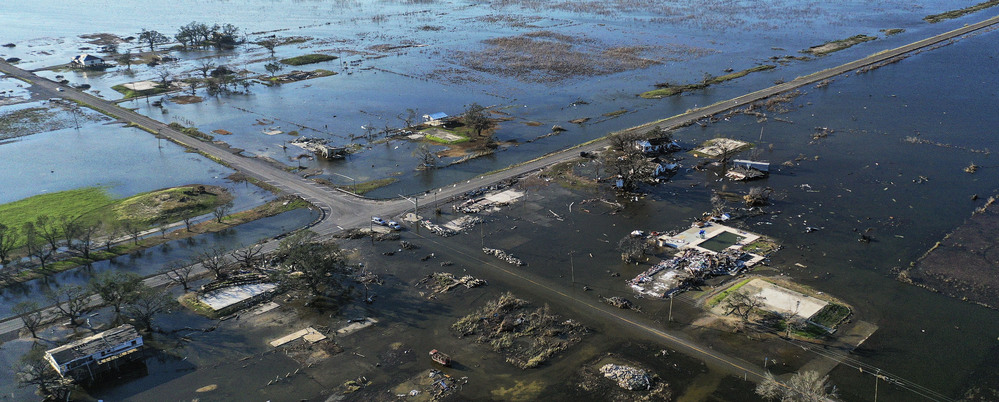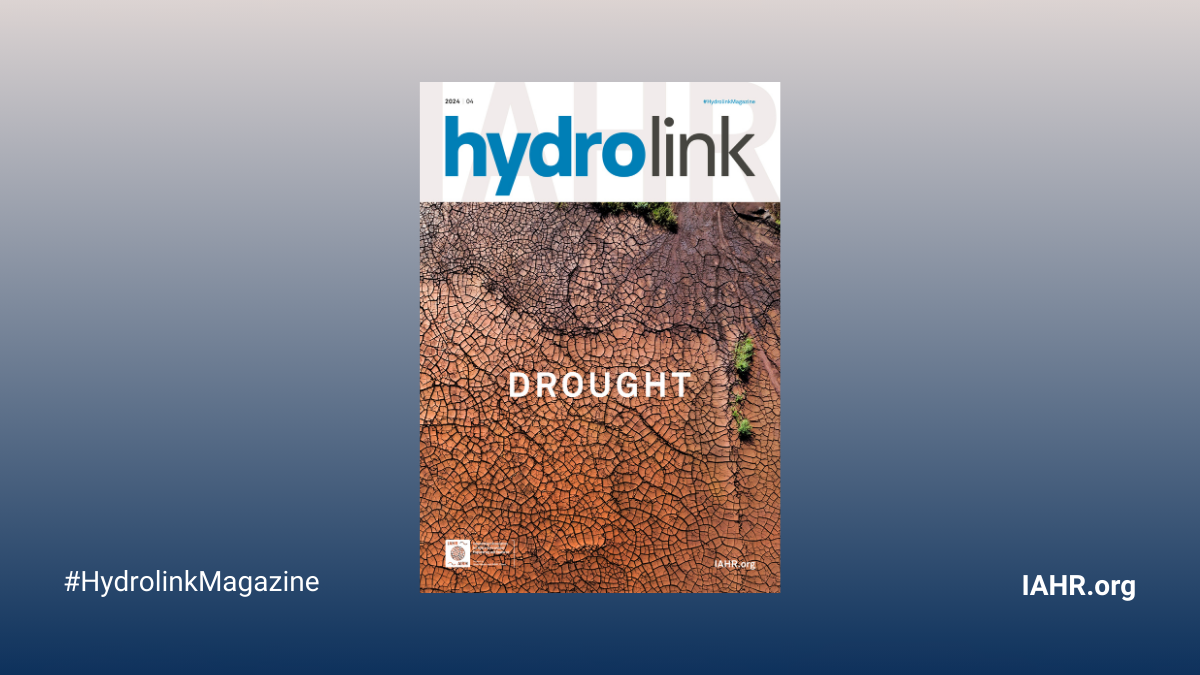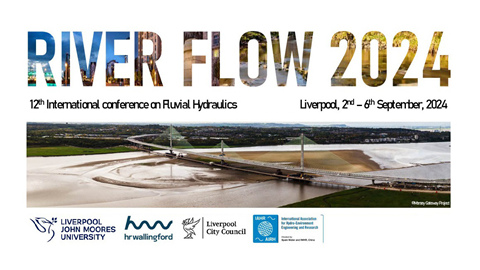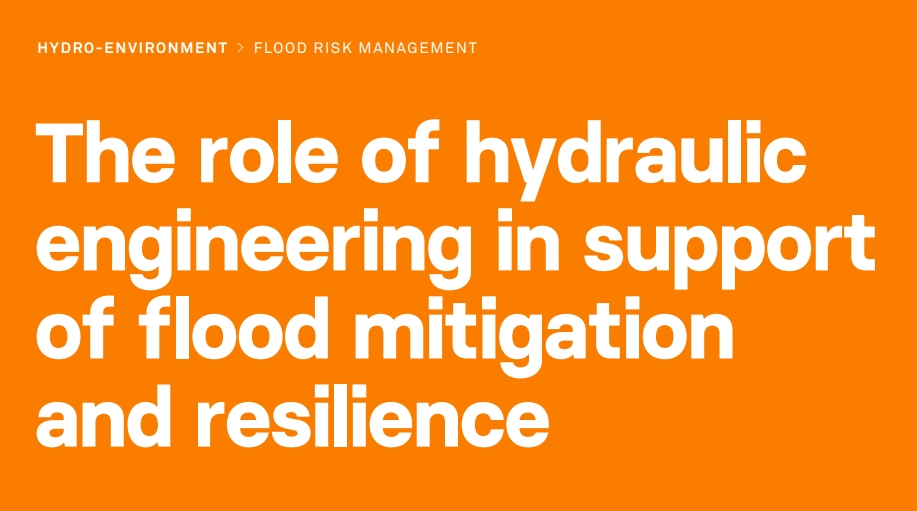Improving Resilience against Water Hazards and Disasters

News and Highlights Theme Leaders Resources How to Participate Related Keep me updated
Whether caused by too little or too much water, nine out of ten natural disasters over the past decade have been water-related. These disasters pose significant threats to social, economic and ecosystem well-being. They manifest in various forms, including storms, floods, droughts, sea-level rise, cyclones, tsunamis, and an array of hydrological, climatological, and meteorological hazards. These events impact diverse areas across the globe, from rivers, lakes, and coasts to urban and rural regions.
Enhancing Resilience Against Water Hazards
In the context of global change, engineers play a crucial role in strengthening our understanding and capacity to deliver resilience against water hazards and disasters. Building resilience requires technical solutions that work in harmony with policy, management, and financing. Together, these elements provide adaptable infrastructure and urban environments capable of withstanding an uncertain future.
Integrating Data, Systems and Ecosystem Protection
Central to this mission are robust data and information systems that enhance disaster preparedness. Effective approaches include:
Structural and non-structural measures to reduce vulnerability
Early warning and prevention systems
Ecosystem protection to mitigate disaster impacts
By aligning engineering expertise with these critical components, we can develop holistic solutions that safeguard communities, economies, and the environment from water-related hazards.
IAHR Technical Committee on Flood Risk Management Releases First 2025 Newsletter
Emphasizing the importance of Integrated Flood Risk Management in addressing global flood challenges and achieving sustainable development goals, and highlighting the need for continued research, collaboration, and public participation in flood risk management. Read more...
1st Flood Risk Management (FRM) Webinar - Extreme Flood Events in Latam, Europe and Asia
Organized on March 20, 2025, the webinar described the extreme flood events due to heavy rainfall occurred in the last years in Latam, Europe and Asia and treat diverse topics on integrated flood risk management, river engineering and storm urban drainage. Playback videos are available now. Read more...
Organisation of a High Level Panel on Improving Resilience against Water Hazards and Disasters during the 41st IAHR World Congress
IAHR2025 will address the multi-faceted challenges posed by the dynamic intersection of water resources management, climate change adaptation, and intricate interplay between water, energy, food security, and nature.
IAHR Water Monograph and Webinar on Practical Flooding Risk Assessment for Development Projects
This Water Monograph is written in response to a call for ·”science-informed action!” to unprecedented flood flow peaks. It is therefore directed to the practising hydraulic engineer, who bridges the interface between writing reports and active management of post-disaster reconstruction. In particular it is aimed at codifiers, experienced supervising engineers in the often-overlooked role of revising legal Codes of Practice to guide practicing engineers, when it becomes apparent (as now) that existing Codes are obsolescent and should be treated as such until updates have been issued. Complemented with the IAHR Water webinar.
Celebration of the Singapore International Water Week Spotlight 2025 (23-24 June 2025, Singapore EXPO)
Themed ‘Flood resilient cities: Adapting to climate change’, SIWW Spotlight 2025 will bring governments, cities and industry leaders together to share experiences on how cities can adapt to climate change and build greater resilience to floods and extreme weather events. Over 250 leaders and experts, including more than 40 cities, are expected to gather to discuss and share strategies and solutions being implemented in major cities across Asia and globally. SIWW Spotlight 2025 will be co-located with the 41st IAHR World Congress. More info.
The following member is leading the thematic priority area on Improving Resilience against Water Hazards and Disasters:
University of Ottawa
Canada
Discover a wealth of knowledge through the IAHR Resource Guide on Floods. Gain access to thousands of videos, publications, and related documents that support research, innovation, and solutions in climate change adaptation and mitigation.
Explore these resources and stay informed on the latest developments in hydro-environmental sciences by visiting the guide.
IAHR unites over 5,000 experts globally in hydro-environmental sciences and their practical applications. With more than 20 technical committees, working groups, regional divisions, national chapters, and partnerships with leading water institutions, IAHR is at the forefront of advancing climate change adaption and mitigation.
Join Our Communities
IAHR welcomes both individual members and organisations to contribute. Explore the Directory of IAHR Experts and connect with our vibrant Technical Communities. Explore our Committee on Flood Risk Management.
Collaborate: Join existing initiatives or propose new ones. IAHR offers a truly global platform to exchange, inform and work together.
Reach out to theme leaders or our theme coordinator, Derek Cai at derek.cai@iahr.org to discuss!
Together, we can drive innovation and solutions for pressing hydro-environmental challenges. Your expertirse and ideas are essential to our mission.

Articles from three countries with a long history facing droughts
Overview of 12nd Conference of Fluvial Hydraulics
The role of hydraulic engineering in support of flood mitigation and resilience
Explore other Thematic Priority Areas:




